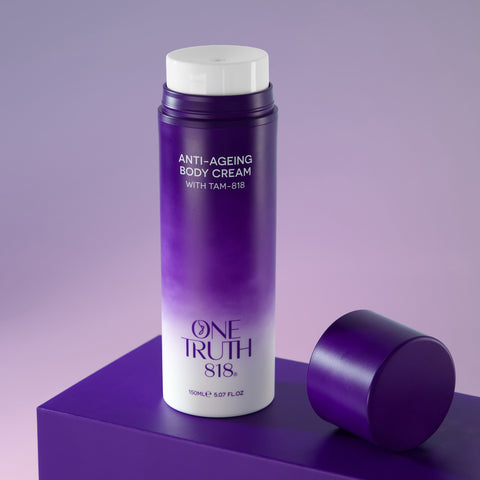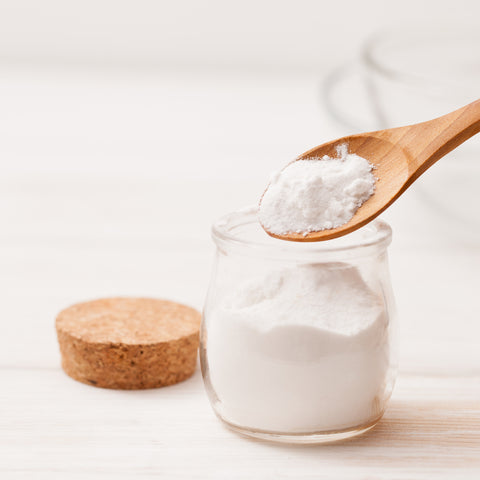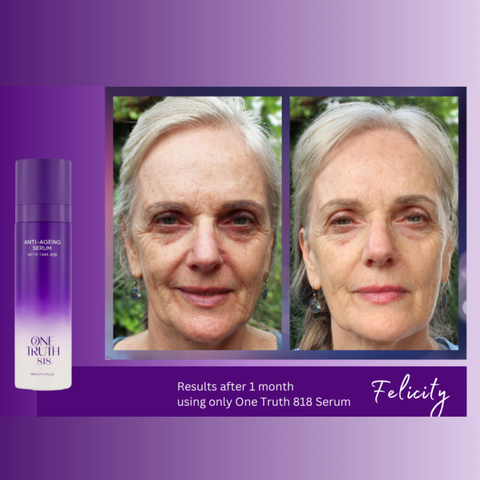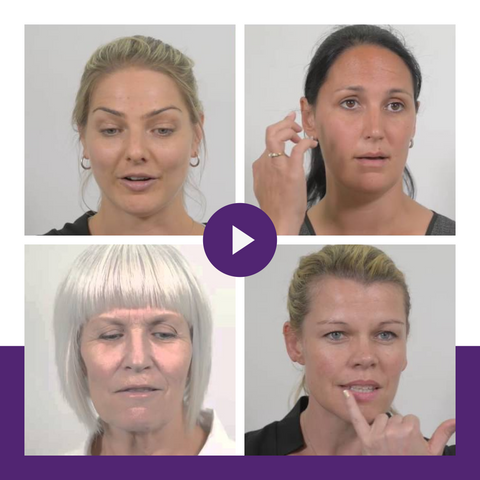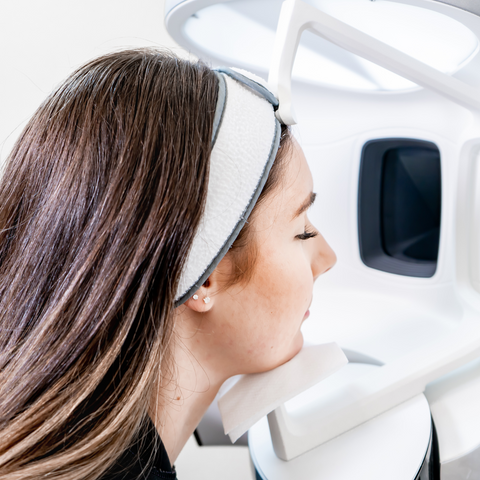Your skin, or epidermis, is your body's barrier to the outside world. Not only does it hold all your bits in but it is designed to keep things out, which is why you want to keep it as healthy and robust as possible. And like most things (sigh) when the cells are younger they function better. So even if you are not ‘young’ in numbers, you’ll want your skin to act as youthful as possible.

The skin is a multilayered organ composed largely of keratinocyte cells, (made of keratin), which give the epidermis its toughness.
These cells change their appearance from one layer to the next.
Those in the innermost layer are called basal cells (stratum basale), and it is usually only these that divide. This is important to note because as you’ll know, cells can only divide 50 times on average before reaching senescence.
As they make their way closer to the surface your cells become flatter and more densely packed with the very outer layer consisting of dead cells that are completely flattened out.
That’s a very basic ‘nutshell’ picture. But the skin is not a static picture, your epidermis is continually renewed by the production of new cells down in the basal layer, replacing those that have been sloughed off the surface. The time it takes for new cells to differentiate and make their way to the surface of the skin, then be shed, is often referred to as ‘cell turnover’ and takes approximately 1 month. We all do it. Most skincare companies tell you you need to focus on speeding up cell turnover for younger skin.
The layers of the epidermis are replaced a thousand times over in the course of a human lifetime. If you’ve done the math on a cell dividing only 50 times, you’ll have some questions around now. How can this be?
There are some cells in the basal layer (the dividing cells adding to the population of new cells) that are stem cells, able to produce not only cells destined to move to the surface and be sloughed off, but also able to produce other stem cells. These stem cells will in turn produce more cells destined to become skin cells and so on. It is partly due to the presence of these stem cells that the myth that cell turnover would never end was formed. It used to be believed that stem cells never aged, but that simply is not true. And as stem cells age their renewal ability deteriorates. In fact, the ageing and deterioration of stem cells may have a key role in all ageing-associated disorders.
If stem cells are the ‘mothers’ that provide new cells to repair and regenerate damage to your body and your stem cells get old and can’t function as they used too of course that will lead to many issues associated with ageing. Immunity, healing, recovery, loss of regenerative potential just to name a few.

To make it clear, your basal stem cells will not go on producing new skin cells forever, their healthy functioning life is finite. And the more your stem cells are called upon to divide and produce new cells the faster they will age leading to stem cell dysfunction and all the ageing related conditions and diseases associated with ‘old stem cells’.
Many people think they do nothing to cause their skin to need to ‘regenerate’ – like it’s a massive deal, but the skin is very sensitive and contained within is its own immune system trained to pick up any damage so it can repair itself and keep you protected. If you are using products or receiving procedures that remove layers of the skin, cause inflammation or violently destroy/ablate the skin then you are definitely speeding up your skin’s ageing process. Likewise allowing your skin to be exposed to UV radiation will set off a protection process and why some argue that over exposure is the most visibly ageing thing you can do.
There is no good reason to speed up cell turnover. In your skin it may feel smoother or look more even temporarily but your skin is aged faster leaving it with deteriorated resources to regenerate itself in the future and likely exacerbating the condition you were trying to correct (pigmentation, wrinkles, sagging skin, loss of collagen…)
Certainly not worth ageing your basal stem cells over!


